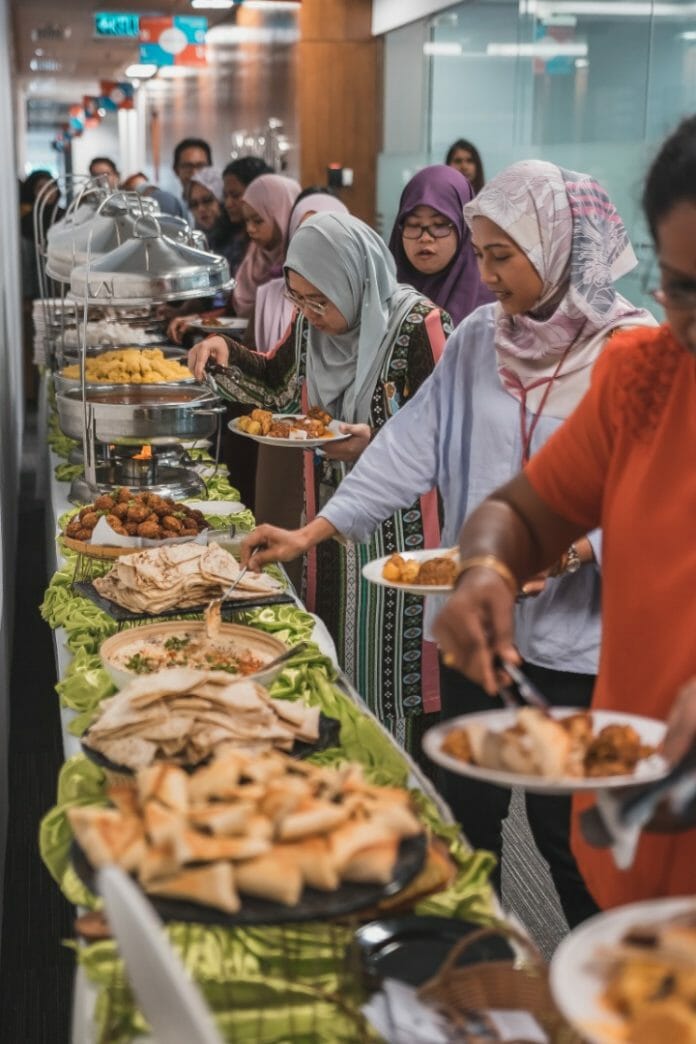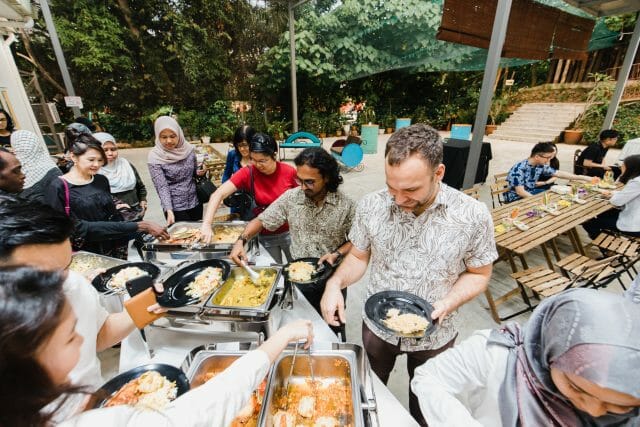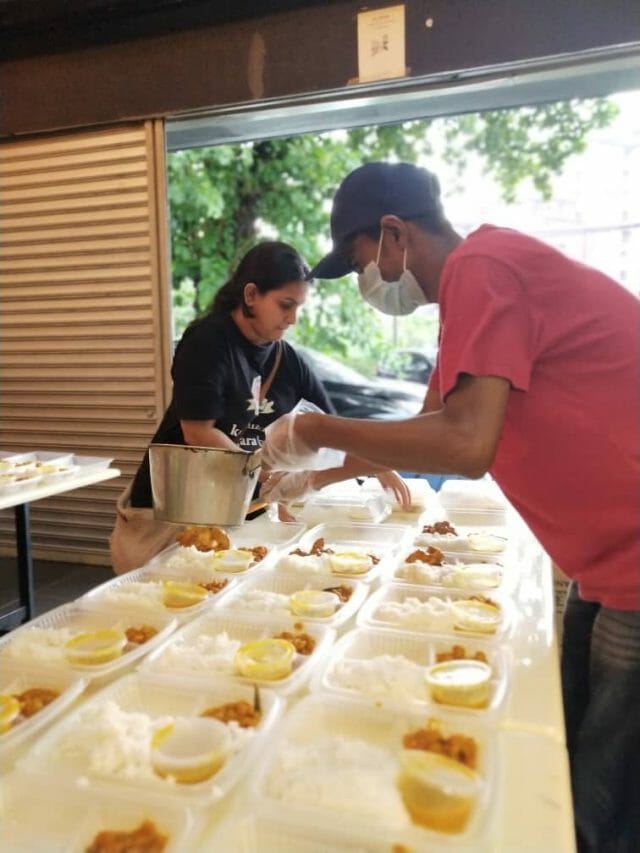By Poovenraj Kanagaraj
In times of crisis when the Covid-19 outbreak has disrupted lives globally, Malaysia’s frontliners as well as the marginalised who are facing severe impacts are in a battle against the unpredictable nature of this pandemic.
Businesses in various industries have come together to support each other to stay afloat since the movement restrictions were enforced nationwide.
The virus has not just taken more than 60 lives in the country, but also disrupted the normalcy of life for many, causing businesses to fold and the needy to be cut off from their daily necessities.
However, there are two social enterprises that have stayed open throughout the outbreak in the country to continue doing what they do best – helping others.
“Our roles are more prominent and important as of now, this is why we exist in the first place,” says Kim Lim, founder of PichaEats, who also points out that many more people will fall into the poverty line and for those who are already in the marginalised group will suffer deeply during this ongoing crisis.
PichaEats, a social enterprise that feeds the needy and the marginalised has continued its efforts,despite the government’s Movement Control Order (MCO) announcement even though their orders for events were severely impacted around middle of February which affected their B2B sales due to the coronavirus outbreak.
“We had to quickly adjust to the B2C sector and grow that channel,” says Kim, adding that they were also working on pivoting their business to expect the worst, as they might not get any catering orders the rest of the year.
Initially, PichaEats only delivered meal packages of five pax and 10 pax mini-buffet delivery, but due to the current situation, they had to adjust their current model to serve more people.
Furthermore, Kim and her team re-activated a movement to get people to contribute to the frontliners who need food in order to continue their services.
Kim told Business Today that her team must be more creative to help the marginalised, but it’s not without its challenges.
“The challenges we face will be the availability to run our business to support the people working with us which also means there’ll be a need of more creativity to make this happen and survive through together.”
“Now, it’s also the best time to experiment with new ideas and strengthen processes,” Kim adds.
Masala Wheels, another social enterprise, also plays a significant role in lending a helping hand not just to the frontliners but to students and communities that have no access to food.
Kuhan Pathy, one of the co-founders of Masala Wheels, initially started the #foodwithoutborders movement to sponsor meals for stranded university students for a week during the MCO period.
The #foodwithoutborders is a “Pay It Forward” social campaign which allows contributors to sponsor suspended meals for the needy which are delivered through their volunteers to the identified beneficiaries.
Soon the campaign grew sizable and MasalaWheels found themselves partnering with the Ministry of Youth and Sports, Non-Profit Organisations (NGOs), and hospitals in the state
More so, they continued to garner attention from the banking sector, universities as well as the Prime Minister’s Office.
“As a social enterprise, we felt the calling to act immediately and what we started for the stranded students became a large and significant social movement for many towards remedying the unfortunate situation,” Kuhan tells Business Today.
Thus far, the movement has raised over 8,000 meals and fed more than 7,000 beneficiaries including poor households, medical frontliners, welfare homes and university students, and they have 16,000 meals to raise further.
Though, PichaEats and Masala Wheels received support from government agencies and various stakeholders, they hope this can lead to a more sustainable collaboration that will allow social enterprises to continue working together with NGOs rather than in silos.
“Social enterprises work on strict accountability which allows both the private and public sector to work with us knowing full well that the funds will be channeled in a proper manner,” Kuhan affirms.
While the Prime Minister announced further aid for the Small and Medium Enterprises (SMEs) during the MCO period, Kim points out that there is confusion as to whether social enterprises fall under the same category as SMEs.
Lastly, Kim says that the government will not be able to address all the issues, and thus, social enterprises which are already working on the issues at grassroots level will be able to assist.











